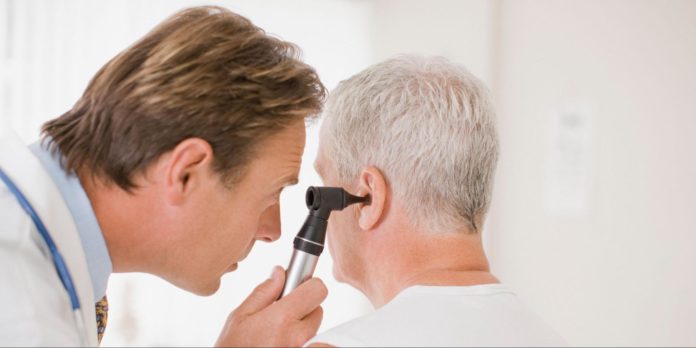The ears are only the visible part of the human hearing system which consists of multiple canals, barriers and nerves located inside the head. They help people communicate with others, process information and even retain their balance. When the ears aren’t functioning properly, individuals can experience an array of symptoms and suffer from various ear disorders that may have an impact on their daily life.
Although hearing loss is the most common ear problem, there are other medical conditions that can affect ears, too, and cause great discomfort.
One such condition is labyrinthitis which refers to the development of inflammation of the inner ear. This inflammation can affect a person’s balance, distort movement and hearing and is often accompanied with unpleasant symptoms that can easily disrupt your daily life. The condition develops suddenly and if properly treated, it clears up in a few weeks.
Keep reading to learn about the main causes and symptoms of labyrinthitis as well as the multiple ways you can treat it.
Causes of labyrinthitis
Your inner ear has two vestibular nerves whose main purpose is to send your brain information about where you are located and how you are moving. When one of these nerves becomes inflamed, it leads to the condition of labyrinthitis.
The inflammation of the nerves can be caused either by viral or bacterial infections. Viral infections are the most common cause of labyrinthitis which usually develops as a result of a cold or the flu, or infection with a virus from the herpes group of viruses, which causes chickenpox, shingles, or measles.
Bacterial infections such as meningitis, some autoimmune conditions, allergies and even medication are less common and can also lead to labyrinthitis.
Common symptoms of labyrinthitis
When checking to see if you have labyrinthitis, there are several common signs you should watch out for. These include:
- Dizziness, or vertigo which refers to the feeling that everything around you is spinning
- Feeling unsteady and off-balance, making it difficult for you to stay upright or walk in a straight line
- Feeling nauseous
- Blurry vision
- Difficulty focusing
- Mild headaches
- Ringing in your years
- Hearing loss
The thing about labyrinthitis symptoms is that they can start suddenly and can be accompanied by temperature due to the infection. Luckily, they usually ease down after a few days and you will most likely get your balance back over several weeks.
How is labyrinthitis diagnosed?
When it comes to diagnosing labyrinthitis, there are no specific tests that will actually tell you that you are suffering from this ear condition. Instead, you will have to watch out for the signs as well as visit your doctor to get a complete wellness checkup.
The checkup will include various examinations like asking you to move your head rapidly, checking your eye movements, checking to see whether you have an ear infection, checking your blood pressure, checking your balance and doing hearing tests.
If your doctor suspects anything, they may organize additional tests such as EEG, a CT scan or an MRI to rule out other health conditions that mimic it.
Treatment of labyrinthitis
Generally, labyrinthitis treatment includes a combination of medications, rest and exercise. Doctors usually prescribe various meds such as corticosteroids to reduce inflammation in the inner ear, vestibular suppressants to alleviate severe vertigo, anti-nausea meds for nausea and antibiotics, if the condition is caused by a bacterial infection.
Besides medications, a physiotherapist can also assign special exercises to help you regain your balance.
To achieve even better results, you should rest on your side during dizzy episodes, avoid alcohol, drink plenty of water and create a low-noise, low-stress environment.
As far as recovery is concerned, it can take a while for labyrinthitis symptoms to go away completely. Severe symptoms usually ease within a week and most people get better within two or three months.

Final thoughts
The ear isn’t just a hearing organ. In fact, it is a complex system of parts which allows humans to hear, communicate with others, process information and even walk. That’s why it is important that everyone practices proper ear care to protect the ears from various infections which can cause ear problems such as labyrinthitis.
If you suspect that you are suffering from labyrinthitis, you should be aware of the causes and symptoms of this medical condition as well as learn how you can treat it.
For more information, refer back to our guide and find out everything you need to know about labyrinthitis.


